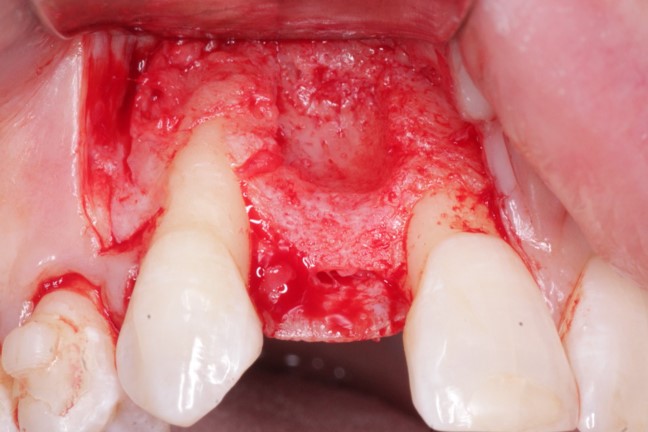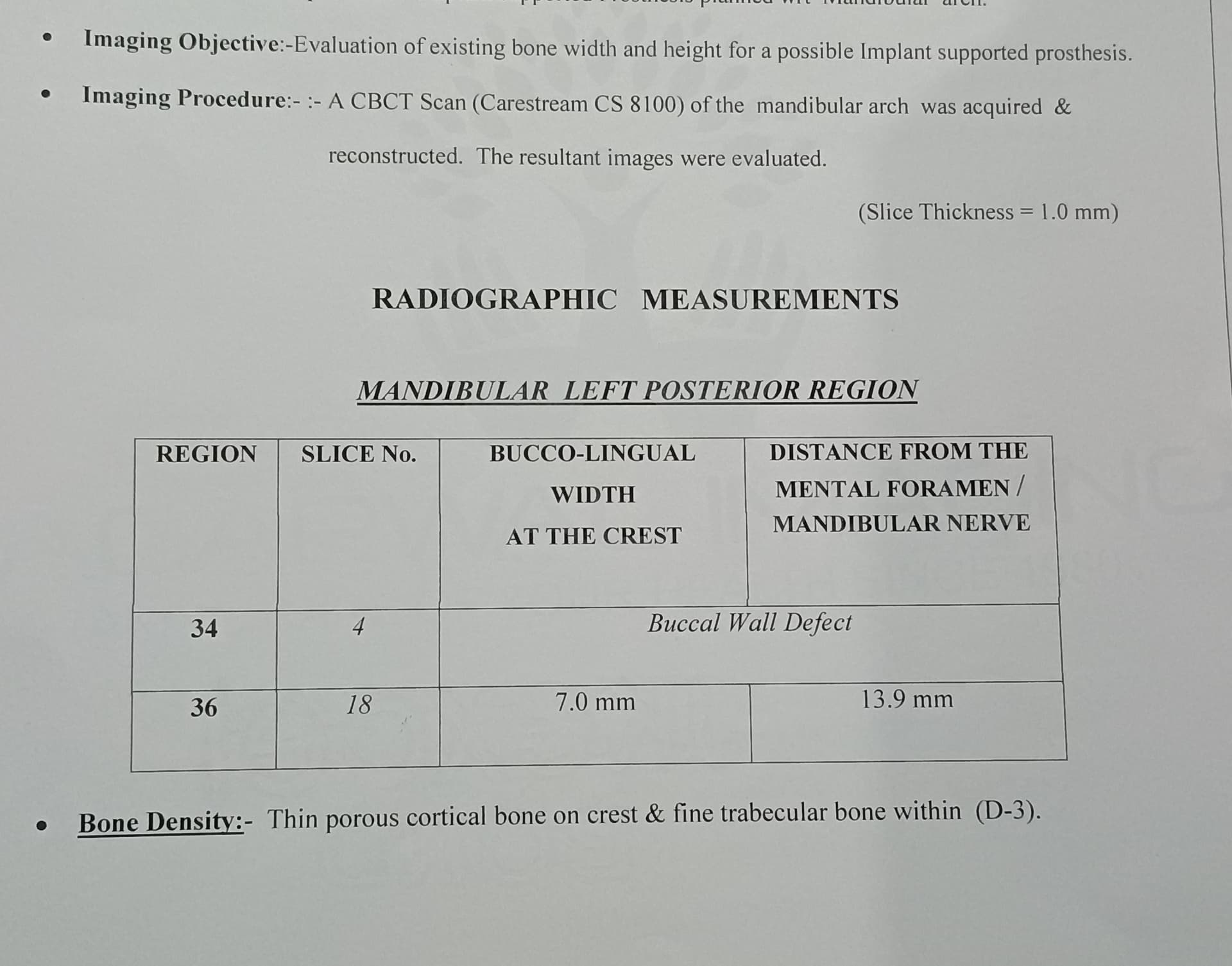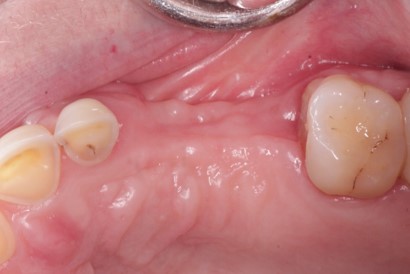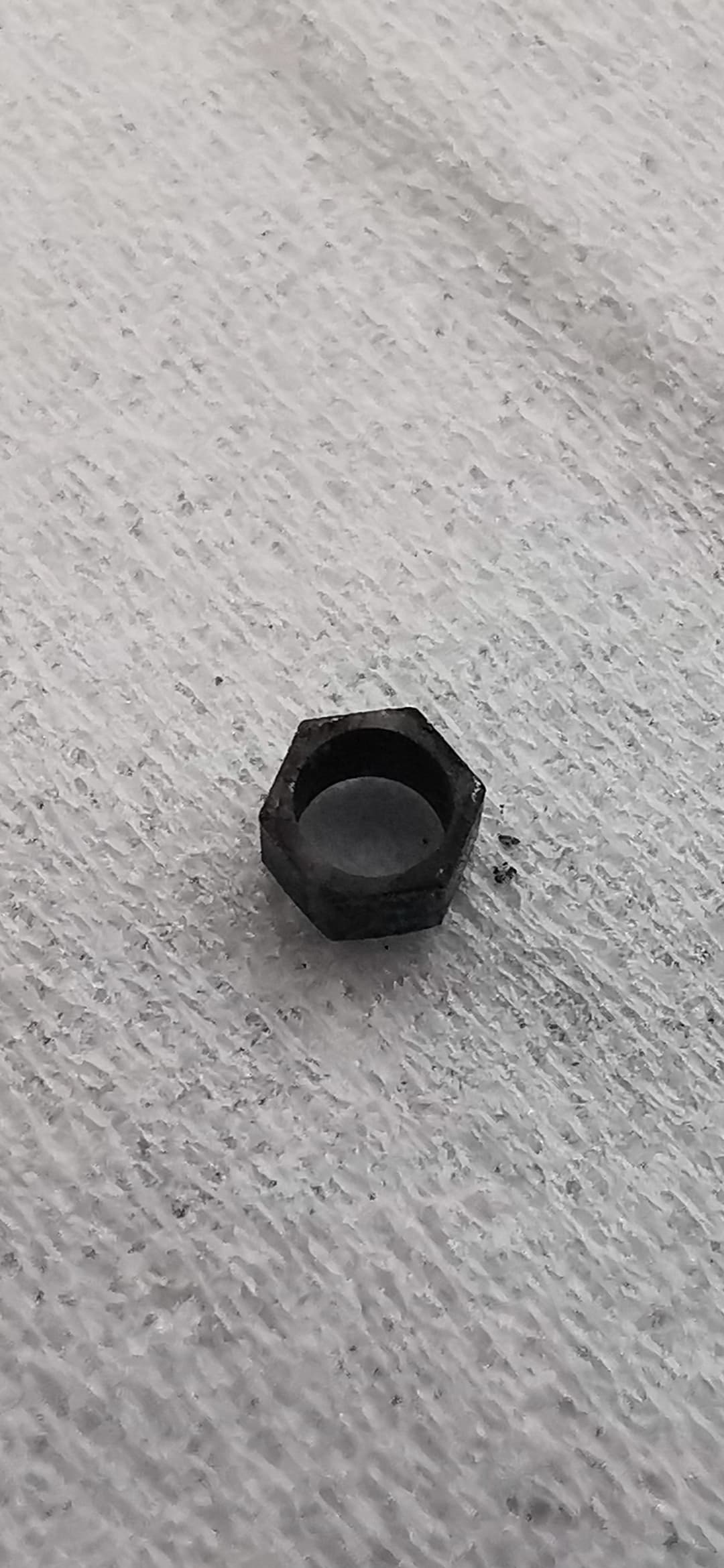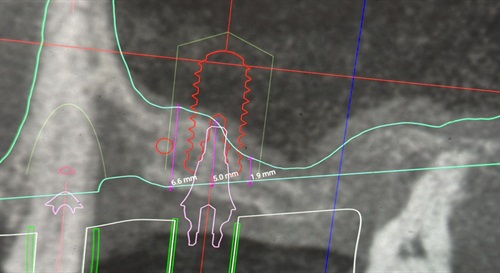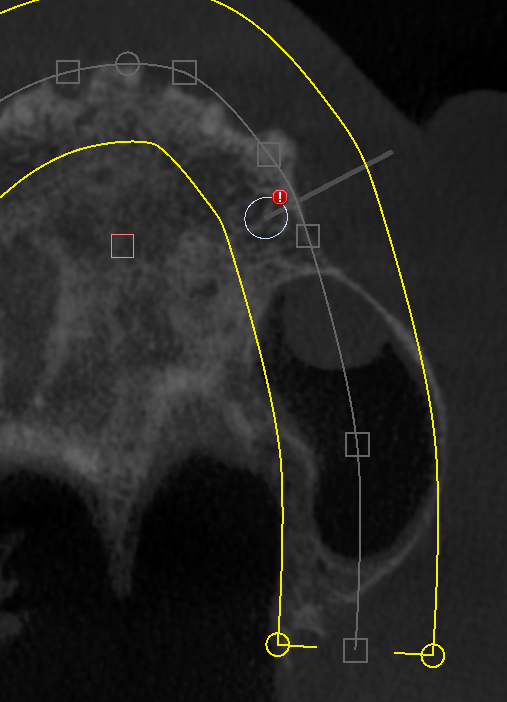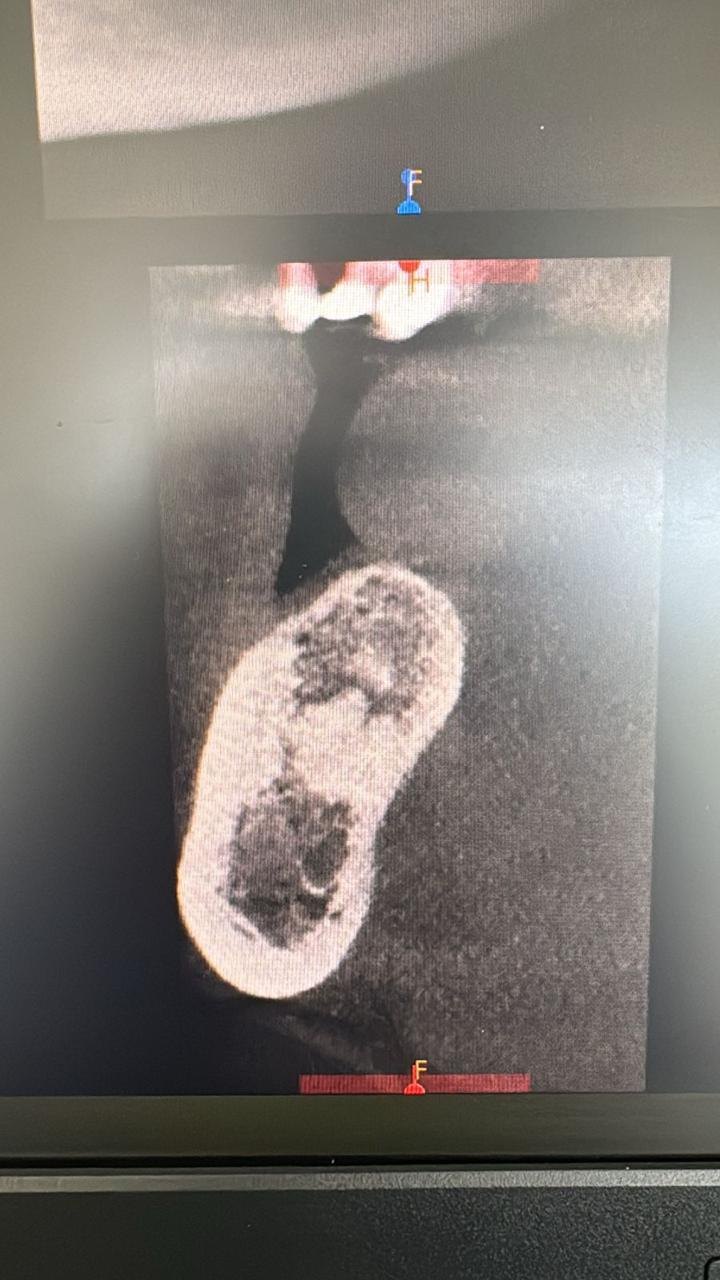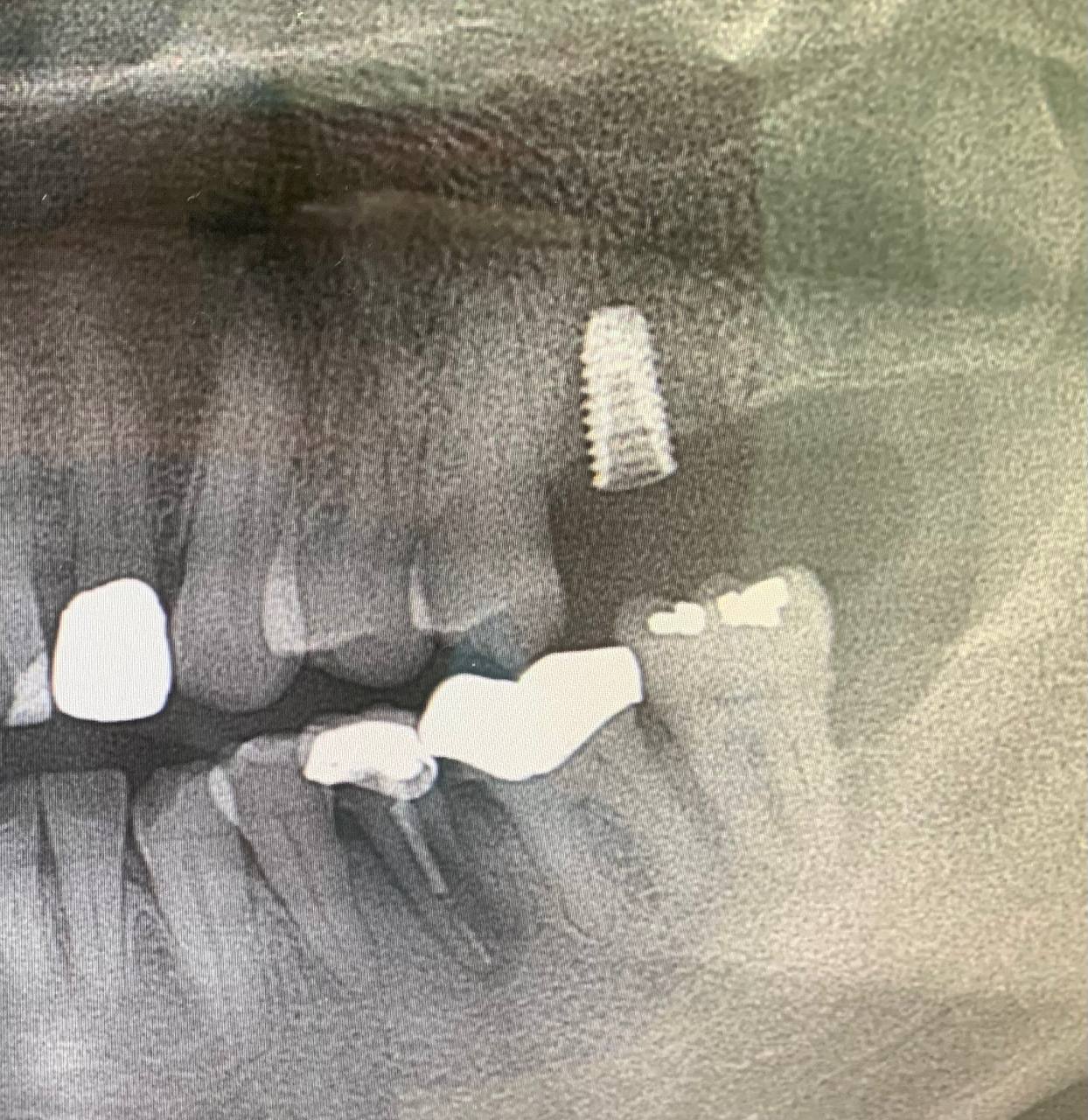All-on-4 in the mandible?
There is ample evidence that the mandible contracts when you open. The wider your open, the more it contracts. Traditionally, implant supported fixed partial dentures used to restore the fully edentulous mandible have been done in segments to accommodate this contracture. The All-on-4 plan of treatment has been successfully used in the maxilla. How many of you are doing All-on-4 in the mandible? How many of you are doing one-piece, full arch implant supported fixed partial dentures without segments to restore the fully edentulous mandible?
3 Comments on All-on-4 in the mandible?
New comments are currently closed for this post.
mwjohnson dds, ms
8/23/2016
this is a non question. Ask Branemark how many fixed prostheses he's made in two pieces. Maybe none? I suspect we have 50 years of history of "all on 4" or all on whatever in the mandible that are single framework restorations. so, to answer your "question", there's no issue. We've been doing "all on 4" restorations decades longer than we've been doing them in the maxilla yet your question makes it seem like the mandibular reconstruction is something new. You may want to re read some of Branemarks classic pieces.
When implants are placed in the anterior mandible, ahead of the foramina, flexion is a non issue. Only when implants are widely spaced around the arch form could flexion conceivably be an issue. And, if you have enough bone to place implants above the inferior alveolar nerve then the bone is quite large and less prone to flexing. That being said, I worry less about mandibular flexion than I do a frame misfit or flexing of the framework and porcelain popping off. So, I make my porcelain restorations segmentally not for osseous flexion but because of materials limitations. Acylic or composite bonded to titanium doesn't have the brittleness and won't fracture if the frame flexes so can be made in one piece.
Richard Hughes, DDS, FAAI
8/23/2016
Dr Johnson is spot on. The mandibular Ao4 is an extremely reliable treatment option for the atrophic mandible. His comments are excellent.
Mwjohnson dds, ms
8/23/2016
Thanks Richard,appreciate your comments.










